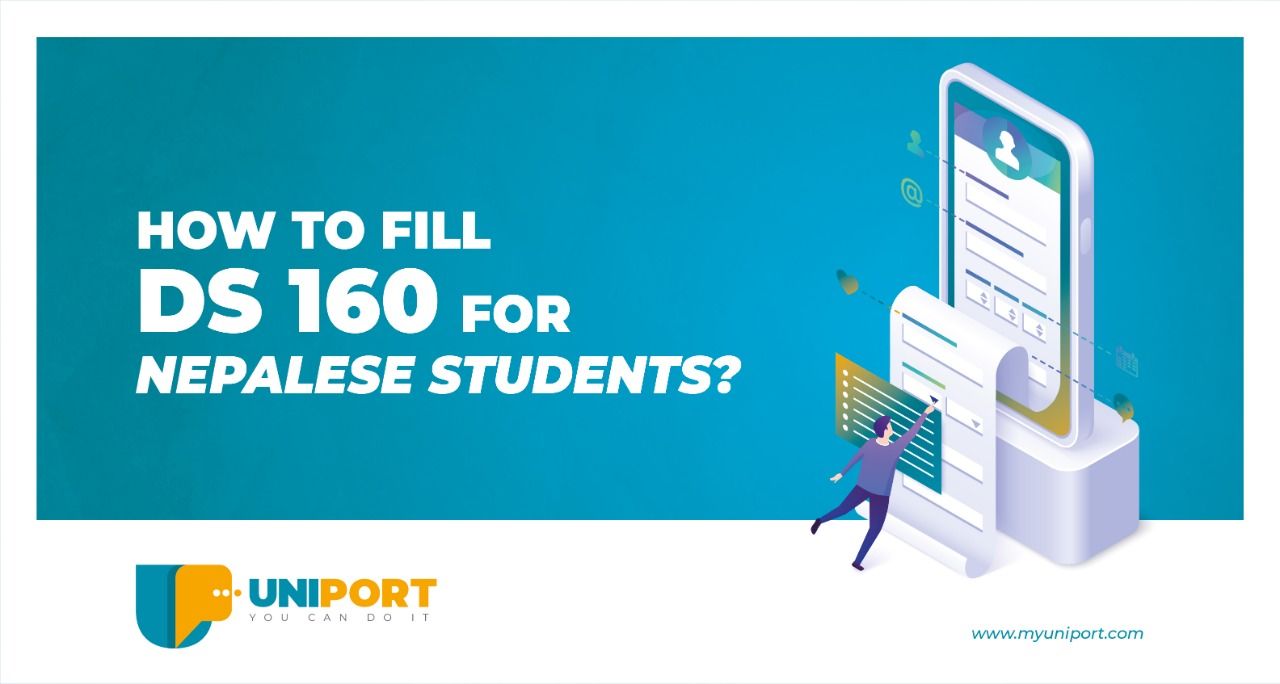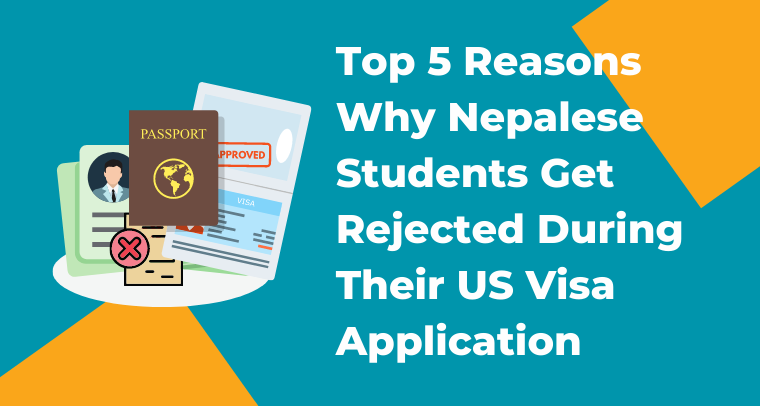Top 5 Reasons Why Nepalese Students Get Rejected During Their US Visa Application
Getting a US student visa is a dream of many Nepalese students. The US student visa or F1 visa is a gateway ticket to experience the world's most advanced economy for people worldwide, especially for people belonging to developing countries. Since the US tops the list of world superpowers, it cannot be liberal with its immigration policies. There are specific legal grounds on which an appointed consulate officer can reject your US visa application during an in-person interview. Those legal grounds are stated in the Immigration And Nationality Act of 1952 (amended 2021).
The worldwide US visa issuance rate has been significantly declined from 2016 to 2020, and the decline rate for Nepal is almost 24.1% from 2019 to 2020. Please refer to the official site for detailed statistics to ponder upon. There may be plenty of reasons behind the US visa issuance rate decline, such as a decline in the number of applicants, COVID-19, the Trump administration, and so on. However, the fact to consider is that most visas are bound to be rejected no matter what on legal and technical grounds.
Here are 5 common reasons why Nepalese students get rejected during their US visa application. Let's look at them one by one and be prepared for your upcoming US visa interview on time.
Lying: Be Consciously Careful While Filling Your DS-160 Application Form
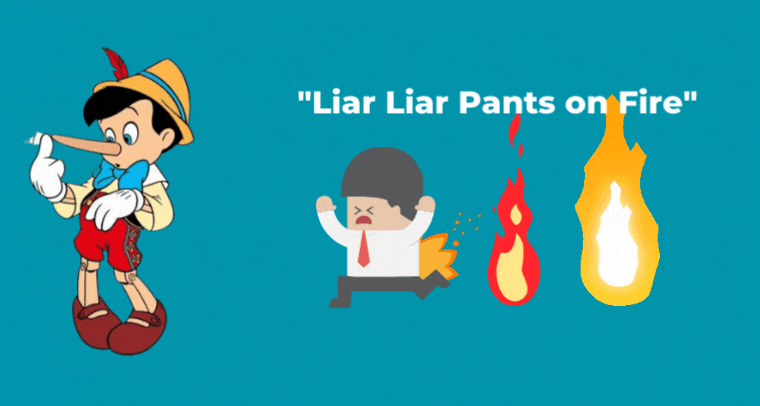
DS-160 is a necessary form in a US visa application. It is like the screening phase of knowing the candidate. Whatever you fill in the form must be truthful and sincere from your side. There will be questions about immediate relatives and relatives in the US in DS-160. If you did not disclose them there, you would be asked about not disclosing them during your interview. If you cannot come up with a justifiable answer, your visa will be rejected under section 212(a)(6)(C)(i).
Similarly, suppose your relatives, such as paternal/maternal uncles or aunts, had filled out your immigration petition when you were young, and your consulate officer finds out. You might think they would not know, but trust us, they know about you more than you think you know about yourself. In that case, you will be in a "liar liar pants on fire "situation seriously.
Apart from intentionally hiding information in DS-160, there can be other issues while filling DS-160, such as mistakes or errors. For example, you might consider yourself unemployed because you do not work for anyone, but you might be a self-employed person who employs people. Similarly, if you miss out on filling out that you have visited some countries in the past, you may get your visa rejected for hiding the truth. Therefore, omission of such information regarding employment or visiting foreign countries may be a legal ground of visa rejection under section 214(b).
To avoid your US visa rejection, you need to be truthful and be conscious about your DS-160 application form. It is always better to be fully aware of yourself and fill out your DS-160 without any errors. If you do so, you will be able to tackle all the unexpected questions thrown at you by the consulate officer during the interview.
Inadequate or Suspicious Financial Documents: Make Sure Your Financial Documents Are In Check

It is a known fact that you must have the financial capacity to study in the US. During the US visa interview, you have to show that you can pay for your first year of the academic program to get the US study visa. If your source of funds is genuine, there should not be any problem for you. However, if you showed a transfer of $60,000 in your sponsor account 2 days before your interview, it can be taken as a case of a suspicious financial document. You will be asked various questions related to it, so be prepared to answer them with justifiable reasons. Lastly, make sure that your sponsors do not have any criminal records in the past. Any ties with people with a criminal charge can lead to visa rejection.
I-20 Counseling Vs. Career Counseling: Watch Out For Your Agent's Credibility
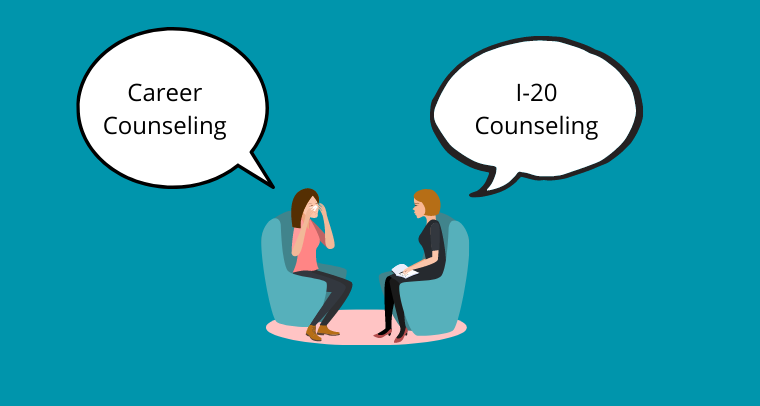
In the Nepalese scenario, it is a general practice to rely on a specific consultancy or agent to fill out DS-160 while applying for a US visa. As a result, your DS-160 form will definitely miss out on necessary information regarding relatives in the US, immigrant petition, and foreign country visits. Since consultancies are compensated for visa issuance, they can be desperate to increase the number of visa applicants and fill out the maximum DS-160 forms possible. Be wary of the credibility of such consultancies.

Additionally, most consultancies focus on 1-20 counseling instead of career counseling of students. High school grads and fresh grads will obviously be directionless because of the sheltered life in Nepal. Unknown to the world's complexities and limited horizons, many students can be receptive to whatever the agent or consultancy advises them during their application process. And when that confused student appears for a US visa interview, the answers will be too generic- pretty much like copy and paste answers of school assignments. Your consular officer during the interview will definitely feel like they are dealing with a bunch of parrots. Don't give them a hard time as you used to your school teachers while your US visa is at risk. Just don't do it.
Good suggestions on building your career for the US education system are vital for clarifying your career plan and impressing the consulate officer with confident answers while in the interview. Therefore, know what your consultancy is doing for you. Are they counseling you for I-20 or your career? Well, you might be wondering where to find a consultancy that can provide career-focused counseling and proper guidance to ace your US visa application. Don't worry. It's easy as UniPort is at your disposal. Reach out to us by clicking here.
Intention To Immigrate: Show Reasons To Be Back At Nepal At Any Cost
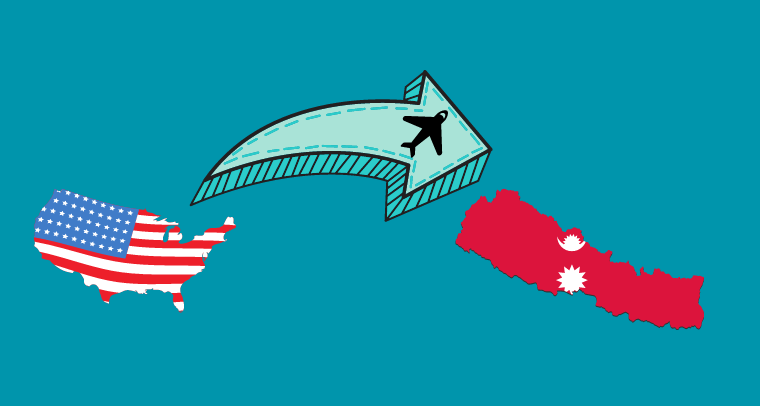
Show that you are a genuine student who wants to visit the US solely for study purposes. Belonging from developing countries like Nepal, you will be perceived as someone who wants to immigrate to the US. Such perception of the consular is bound to form because of Nepal's high unemployment rate, poor infrastructure, and lower per capita income. It is very common for consulate officers to perceive Nepalese from the weak financial background as the immigration risk for the US.
However, you can deconstruct the preconception of the consulate officer that you are an immigrant and construct the impression that you are the focused student aiming to be the expert in your field of study. Make them believe that the academic program you have chosen can leverage your career in Nepal. Select a course that has value back in Nepal or select a course with which you can create value back in Nepal. Name some organizations of Nepal that you would like to join in the future or indicate a career plan in Nepal after completing your studies. Likewise, indicating that you have strong ties to Nepal because of your immediate family, friends, and your business (if you have any) can be cheery on top during your visa interview.
Note: Sometimes, the consulate officer can be skeptical about applicants who are the family's only breadwinner. They may wonder who will support the family's financial need if the applicant leaves for the US to study. So, if an applicant shows that they have strong family ties in Nepal, they should make sure there are other breadwinners in the family.
Unlawful Behaviors: Be Distant From Criminal Charges
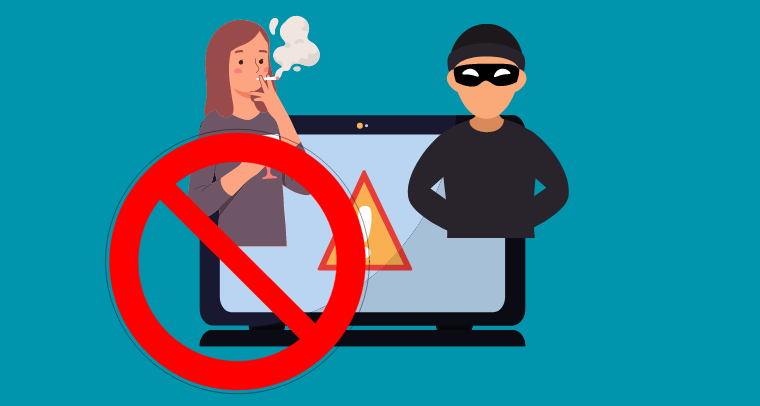
Any behavior or action against the law can indicate the problematic personality of an applicant. Suppose an applicant has been arrested or convicted of crimes like drug abuse, money laundering, human trafficking, and so on. In that case, the consulate officer will have grounds to reject the visa under section 212(a)(2). In the name of honesty, suppose you have not been convicted of any crime but admitting unlawful behaviors like using weed can backfire during a visa interview. Likewise, association with people with legal charges or people on the black list can also lead to visa denial. Please check the background of your contacts before mentioning them in DS-160. Therefore, it is better to present yourself as someone who obeys the laws of the land and who is worthy of civil society.
In summary, the consulate officer has full authority to reject your visa on legal grounds. So, it is totally on you to convince them that you are a genuine student with strong ties in Nepal, the financial capacity to afford the study, and no criminal background. You will be bombarded with unexpected and unusual questions but fret not as the only way to deal with such questions is to be genuine and truthful.
